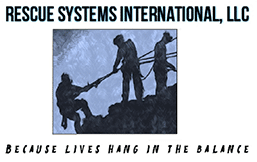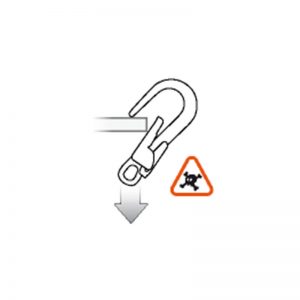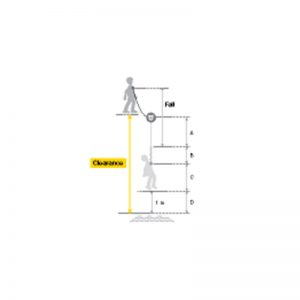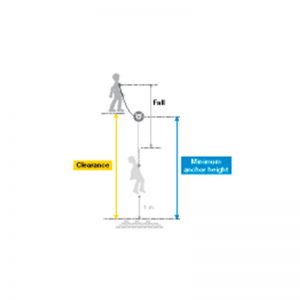Key issues and risks
The fall arrest lanyard is not under tension, but must stop a fall at any time: the connectors must be secure and kept well positioned.
The carabiner be easily attachable to various anchors, sometimes of large diameter, so its shape must be chosen with care.
The most important risks to consider
Recommendation on carabiner and accessories
– Use a carabiner shape suitable for the anchors you encounter
– Use a carabiner positioning system (STRING or plastic sleeve) or a directional carabiner
Good anchor placement and controlled situations
In most work situations, the anchors are planned and placed to limit risks in case of a fall.
Difficult anchors and situations
When the anchor placement does not allow for control over all potential rub points or bad placements, use carabiners that are certified to ANSI or CSA North American standards, which have locking sleeves with greater resistance to external pressure.
Why this choice?
Triple action locking offers the best security when it is not possible to use a connector that locks with a tool.
Positioning system
The carabiner positioning system helps correctly position the carabiner, but also facilitates clipping as it rigidifies the lanyard/carabiner assembly.
Precautions for use:
- Beware of the position of the carabiner in the anchor and of possible external pressure situations around the anchor that can produce cantilever loading.
- When clipping, check that the carabiner is correctly positioned in the anchor, and that the sleeve is completely locked.
- Plan your movements during use to anticipate the movement of the carabiners and the risks of poor positioning.
- Use the most secure locking system possible, depending on your frequency of clipping/unclipping.
- If there is any doubt about carabiner positioning in the anchors, use a Y-lanyard to be protected by two carabiners simultaneously.
- With a Y-lanyard, keep the two arms connected to one anchor as much as possible.
Note
The SL manual locking system can be used, specifically in dirty environments (mud, sand…), but with a lower level of security and ergonomics: risk of the sleeve opening in use and risk of forgetting to lock the sleeve at each connection.







Reviews
There are no reviews yet.